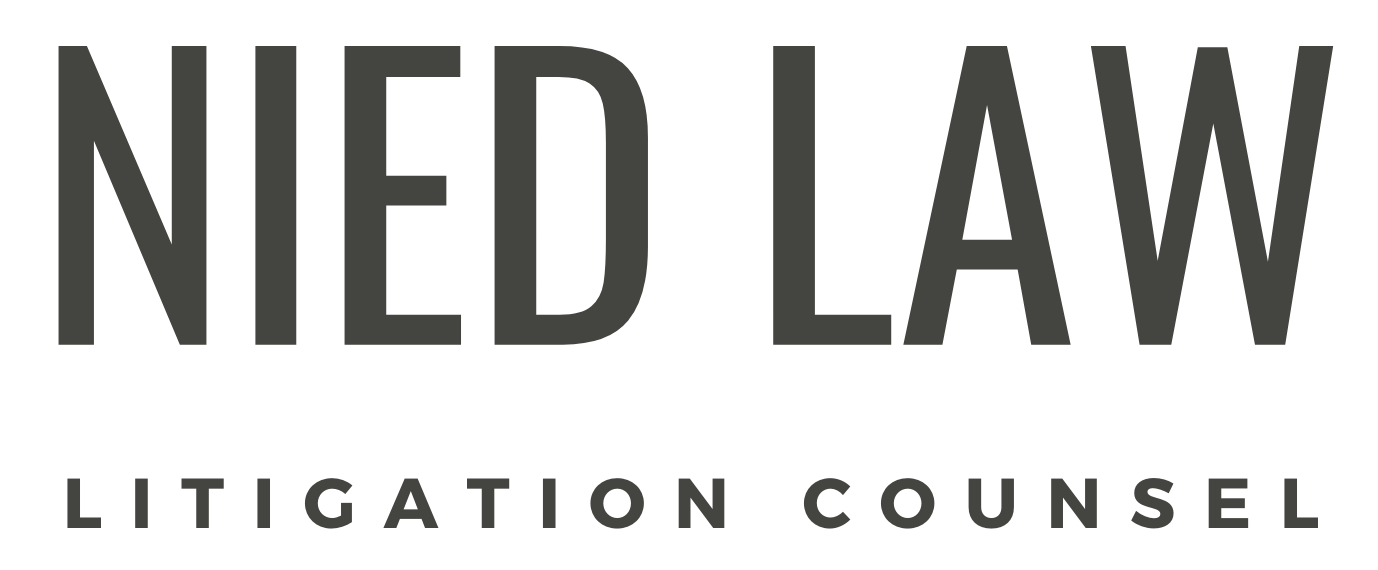A recent case illustrates that American jurisprudence is increasingly coalescing around a uniform approach to determine whether a plaintiff may compel the disclosure of an anonymous defendant’s identity in internet defamation cases. As discussed below, the Canadian experience has been different. In Swartz v. Does (“Swartz”) (see: judgement) a Tennessee state court held that plaintiffs […]
Category: American law
Distinguishing Twitter postings from other forms of communication in online defamation cases
The New York Times published an interesting article today about the growing number of defamation actions involving messages posted on Twitter (see: article). The article noted that the special characteristics of Twitter postings may distinguish them from other forms of online posting when it comes to defamation actions: [T]here are few prescribed social norms on […]
TCI Journal: The exposure of anonymous online speakers
A recent case illustrates the problem of allowing a court to expose the identity of an anonymous online speaker without first requiring the plaintiff to demonstrate a prima facie or even bona fide case of defamation. In late August, the California Superior Court issued a subpoena that compelled Google to disclose the identity of anonymous […]
Google forced to reveal identity of anonymous blogger
A former Canadian model, Liskula Cohen, (the “Plaintiff”) has received an order from Justice Madden of the New York State Supreme Court to force Google, the Defendant, to reveal the identity of an anonymous blogger that defamed the Plaintiff on a blog (see: text of judgement). The blog, called Skanks in NYC (the “Blog”), contained the […]
